The Best Acne Skincare Routine to Kiss Your Blemishes Goodbye



Dahvi Shira


Ugh, acne. It’s one of the few topics in life that has a unanimous reaction—not a single person wants or enjoys breakouts. While some (lucky) people only get the occasional blemish here and there, others are prone to consistent pimples and left with upsetting scars, expensive dermatologist visits, and a cabinet full of too many acne products to count.
While there’s no actual cure for the stressful (and painful!) inconvenience, there are definitely skincare products and practices that can minimize the matter. We reached out to two experts who specialize in skincare and acne research. They provide everything to know about what causes acne and what you can do to keep the issue at bay. Long gone are the days when strong acne medications (hello, Accutane!) were your only way out. Now there are many powerful over-the-counter skincare products you can get at the drugstore or online that aid excess oil production while brightening, easing dark spots, evening out skin tone, and incorporating anti-aging benefits.
It's about glam time you treated yourself.
Join IPSY

MEET THE EXPERT
Nicolas Travis is the Founder and CEO of Allies of Skin and Purposeful Skin Allies (PSA). He’s been on the Forbes 30 Under 30 list and was inspired by his own former acne battle to venture into skincare professionally.
Alexis Clarino is a New York City-based skincare expert and Global Education Manager of prestige Australian skincare brand ALPHA-H.
What Causes Acne?
While types of acne differ, there’s a common thread between what causes the variations to arise on the skin. “Acne occurs when hair follicles get clogged with sebum, bacteria, and dead skin cells,” explains Allies of Skin founder Nicolas Travis. “It can be caused hormonally and when skin is irritated and inflamed.”
Adds ALPHA-H Global Education Manager Alexis Clarino, “Changes in hormones, weather, stress, a dirty pillowcase, and even food allergies can cause acne and breakouts. But it often comes down to a compromised skin barrier.” As for that said barrier, Clarino explains, “It’s meant to keep the good stuff in and bad stuff out, which means protecting us from pollution, dirt, debris and harmful bacteria. When we have a compromised barrier, these baddies reach lower layers of our skin and create problems such as redness, irritation, and yes – breakouts!”
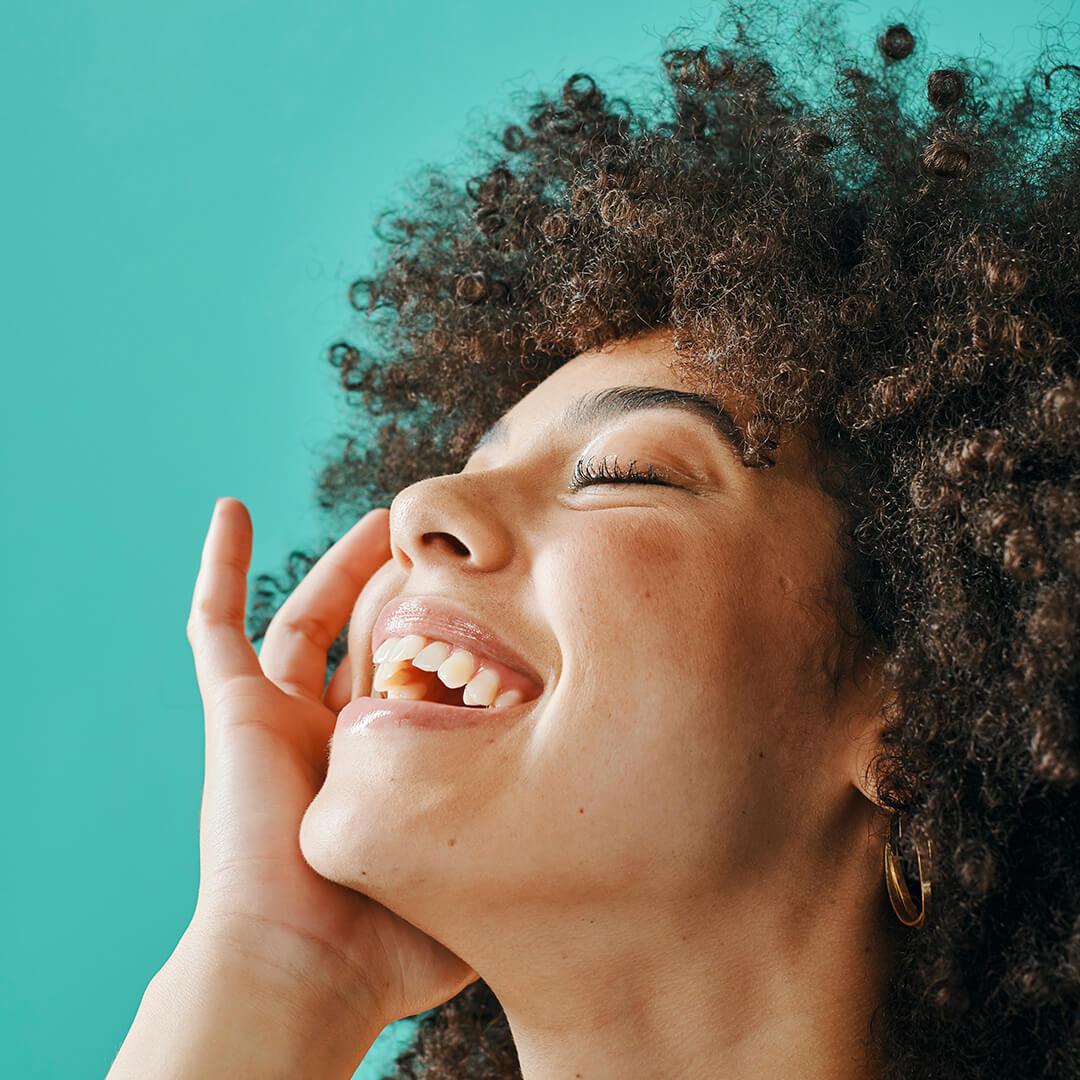

Types of Acne
Inflammatory Acne
On a level of seriousness, you could say this type of acne is more serious. Unlike the non-inflammatory type, typically caused by environmental stressors, inflammatory acne is more painful and likely to stick around for a bit. Pustules, papules, reddened, hardened bumps, nodules and cystic acne all fall under this category. “They take longer time to heal and have a higher propensity to scar,” Travis says. To put it bluntly, if you see a full face of red or puss at the tip, there’s your answer.
Non-Inflammatory Acne
Whiteheads and blackheads fall under the non-inflammatory category. These are the relatively less painful and less irritating types with “gunk in the pores that we can see and want to remove,” explains Clarino. These typically take way less time to heal than inflammatory acne.
The Best Skincare Routine for Acne
Whether dealing with hormonal acne, adult acne, or cystic acne, you’ll want to seek out products aimed at protecting or strengthening the skin barrier. Included in those products should be a hydrating ingredient. “It sounds counterintuitive since many clients want to ‘dry out’ a blemish, but while we want to clear the affected pore(s), we don’t want to harm or compromise the skin further,” explains Clarino. “Oily skin and those with breakouts need hydration, as it’s vital for skin health and functionality. Dryness and dehydration lead to tiny cracks in our skin, resulting in a pathway for what we don’t want in our skin. Breakouts are injuries and should be treated as such.” Now, let’s get into the steps for your best acne skin routine:
1. Cleanser
Despite the urge to scrub with harsh chemicals, it’s important to remember your sensitive skin is in a vulnerable state. Less is more here, so you’ll “always want to start with a non-foaming, gentle cleanser,” Clarino advises. “We want to clean the skin, not strip it. It’s imperative not to disturb our natural pH and make things worse. You’ll want something calming for redness, or a cooling gel is perfect for this.” When it comes to face wash, a longtime IPSY favorite is the MURAD Clarifying Cleanser.
2. Toner
Toner is particularly beneficial for acne-prone skin, thanks to its common ingredients list, ability to target specific skin concerns, and removal of lingering dirt and grime. Many toners contain salicylic acid, “the most widely used treatment for problematic skin,” Clarino says. “As a BHA, it dissolves oils, including excess sebum in clogged pores. Using a toner [or moisturizer or spot treatment] with this ingredient is a great way to treat a current breakout and prevent further from occurring.”
AHA toners are also widely used for acne-prone skin, thanks to their gentle chemical exfoliation properties. But even though these aren’t physical exfoliants, don’t be fooled into going overboard with your daily exfoliation. “As a rule, exfoliate only once a day,” Travis says. “So, if you’re using an AHA toner, you don’t need to follow up with an AHA exfoliating serum.” For BHA toners, we recommend the DERMALOGICA Breakout Clearing All Over Toner. For a combo of BHA and AHA, we recommend the MAAPILIM Balancing Toner.
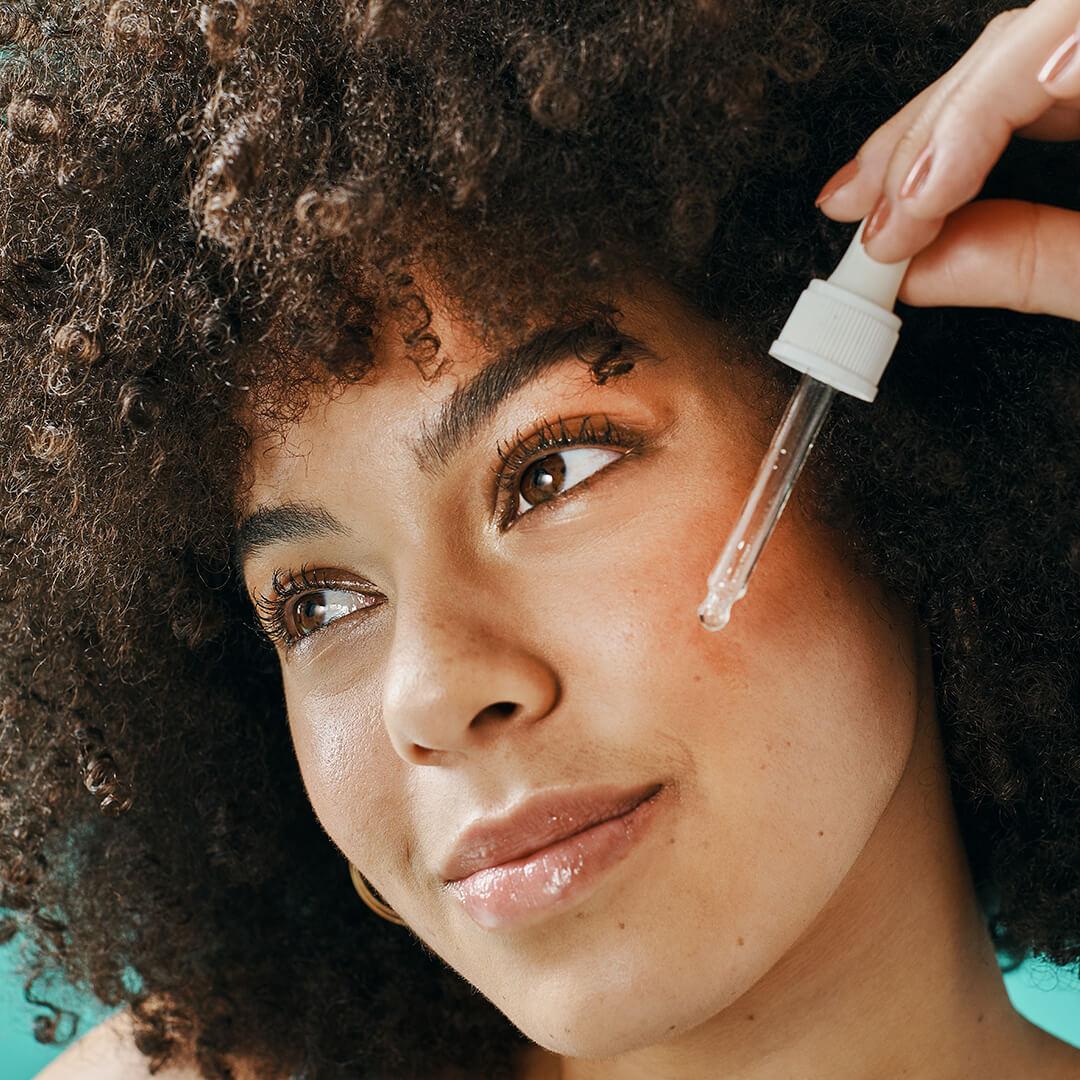

3. Serum
The great thing about serums is there’s really something for everyone! These products deliver a high concentration of active ingredients directly to the skin in order to help target specific concerns.They’re a lighter consistency than moisturizers, and therefore penetrate more deeply into the skin. For acne treatment, Travis recommends incorporating at least one of the following ingredients into your serum routine (not all at once!): BHA (2%), Niacinamide (5% - 10%), Retinoids, Mandelic and Glycolic Acid (5% - 10%), Bakuchiol (0.5% - 1%), Dioic Acid (1% - 4%), Azelaic Acid (10%).
To Travis’ point about (Vitamin A-based) retinoids, Clarino says, “Vitamin A is a powerful antioxidant that helps both inflammation and high cell turnover, bringing newer, healthier cells to the surface.” For those who have a tough time adjusting to retinol or its variants, bakuchiol is an excellent plant-based alternative. Clarino also emphasizes the importance of incorporating a hydrating ingredient (a la hyaluronic acid) into your serums as well. We personally recommend INNISFREE Intensive Hydrating Serum with Green Tea Seed for hydration, and ABLE SKINCARE Hyaluronic + Retinol Radical Youth Activator Serum for retinol treatment with hydration.
4. Moisturizer
Consider moisturizer (or what you can think of as face lotion for dry skin) a universal skin necessity. There are some better suited for certain skin types than others, but ultimately, we all need it one way or another. “Since acne is caused by inflammation, I’m a big believer in antioxidants to help reduce inflammation and redness,” Travis says. “My favorite antioxidants include superoxide dismutase, licorice root, resveratrol, white tea, green tea, and centella asiatica (and its powerful components asiaticoside and madecassoside).” For acne-fighting ingredients, we recommend HANHOO DermaFix Blemish Moisturizer and FIRST AID BEAUTY Ultra Repair Oil Control Moisturizer.
5. Sunscreen (in the AM)
If you speak to any aesthetician or skincare expert, they’ll tell you the same thing: Sunscreen is the one non-negotiable in a successful skincare routine. It generally helps prevent hyperpigmentation and signs of aging. And when it comes to acne-prone skin, Travis explains, “SPF daily is very important to help skin heal faster and prevent further post-blemish marks.” Designed with acne-prone skin in mind, we recommend JUICE BEAUTY SPF 30 Oil-Free Moisturizer.


6. Face Oil (in the PM)
Face oil is often misunderstood. While people with oily, acne-prone skin often feel like any excess oil applied to the face will only do harm, it’s actually (confusingly) quite the contrary. “Believe it or not, oil is good for all skin types, including oily skin,” Clarino explains. “Natural plant oils are a great way to lock in the hydration needed to keep skin functioning properly, as well as add essential fatty acids and antioxidants to our barrier. Face oils protect us from free radicals and naturally decreasing inflammation.” We recommend the non-greasy SUNDAY RILEY U.F.O. Ultra Clarifying Acne Treatment Face Oil.
7. Clay Mask (weekly)
We love a good face mask. Whether as a skincare necessity or simply to relax and unwind with a glass of wine, this is one step we’ll never turn down. And much like the other types of products we mentioned above, there’s a face mask out there for every concern. Travis recommends a weekly clay mask because “it can go a long way in helping remove blackheads and whiteheads.” His ingredient of choice? Rhassoul clay. When embarking on an acne-targeting face mask (clay or otherwise), he wants you to remember, “Stronger isn’t always better and more is definitely not more.” We recommend the one and only JOSIE MARAN Whipped Mud Mask in Vanilla Apricot, packed with Travis’ clay of choice!
Whether you suffer from acne or you simply want in on all the IPSY Glam Bag fun, take our Beauty Quiz now to get started. Already an Ipster? Refer your friends to earn points, which you can use toward products. Either way, don’t forget to check us out on Instagram and Twitter @IPSY.
Like this article? Share it with your friends by clicking the icons below!
Liked this post? Share!
Related Stories
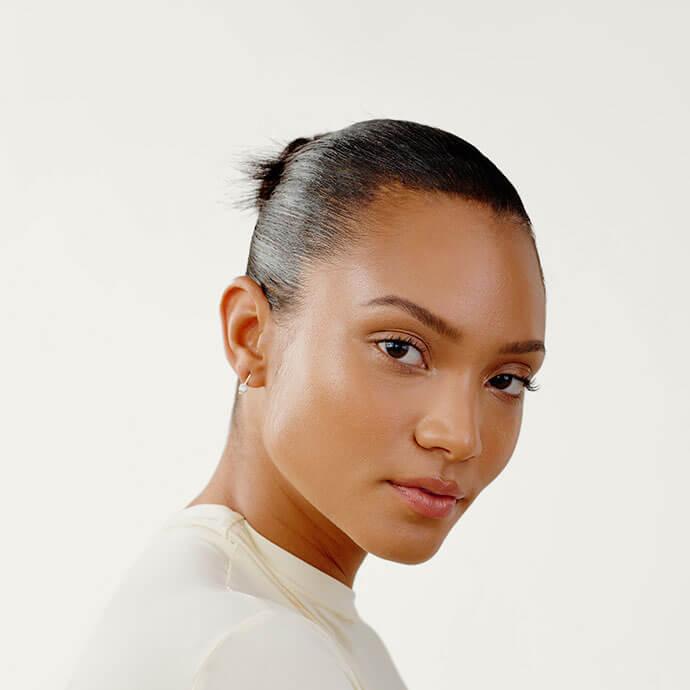
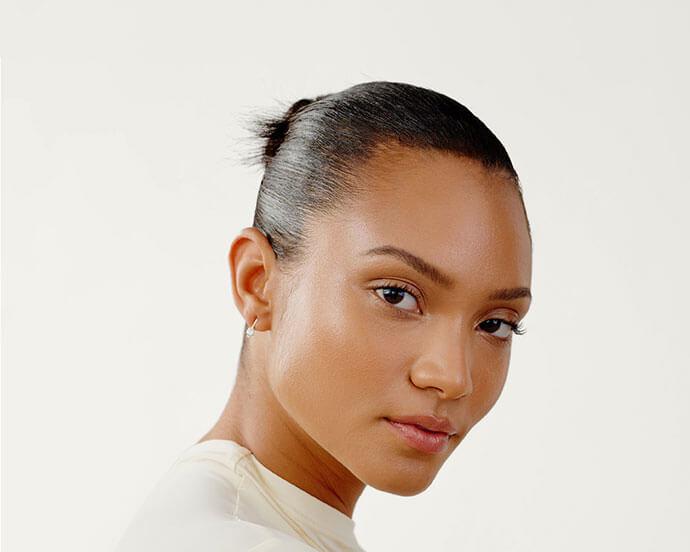
Skin
Skinimalism Is the Ultimate Stripped-Back Skincare Trend
Published on Jan 22, 2026 • 6 min read


Skin
Spring Is Coming—Is Your Skincare Ready?
Published on Jan 15, 2026 • 4 min read
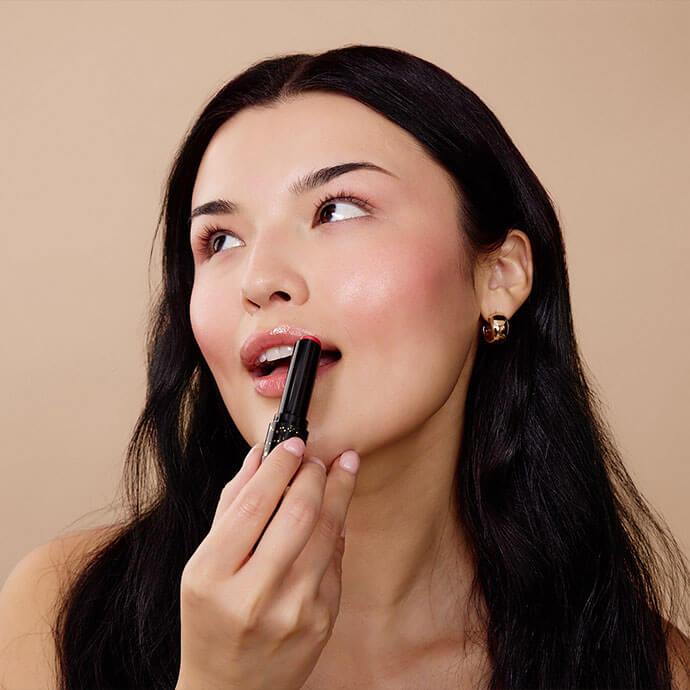
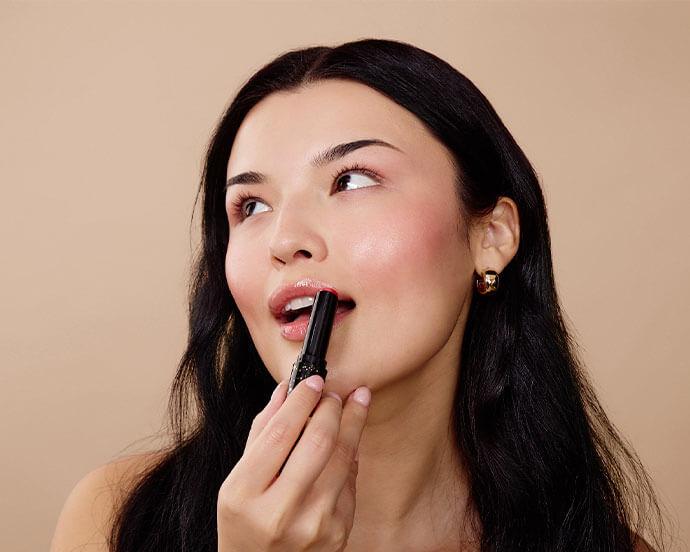
Skin
The Hydration Sandwich Trend Will Save Your Dry Lips This Winter
Published on Jan 13, 2026 • 4 min read


Skin
What Is the Skin Barrier & Why Is Everyone Talking About It?
Published on Jan 12, 2026 • 6 min read


Skin
The New Year Is the Perfect Time to Get Ahead of Inflammaging
Published on Dec 15, 2025 • 8 min read
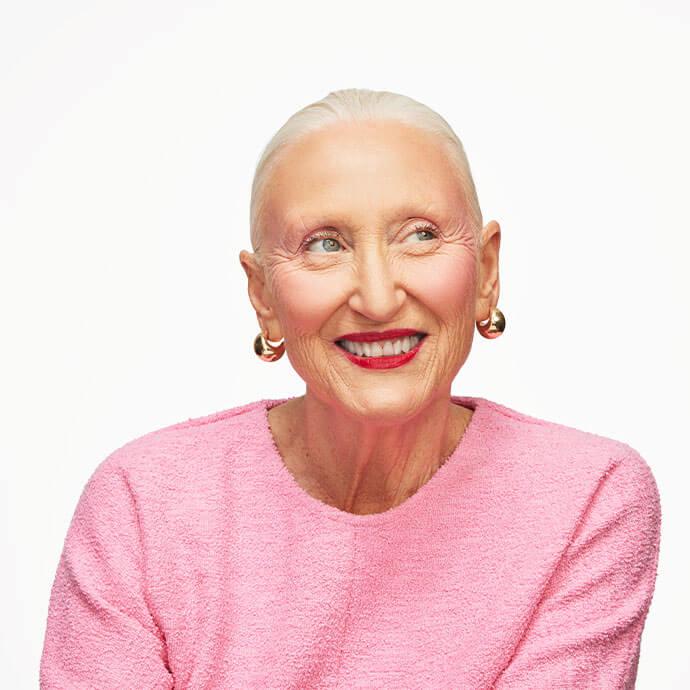
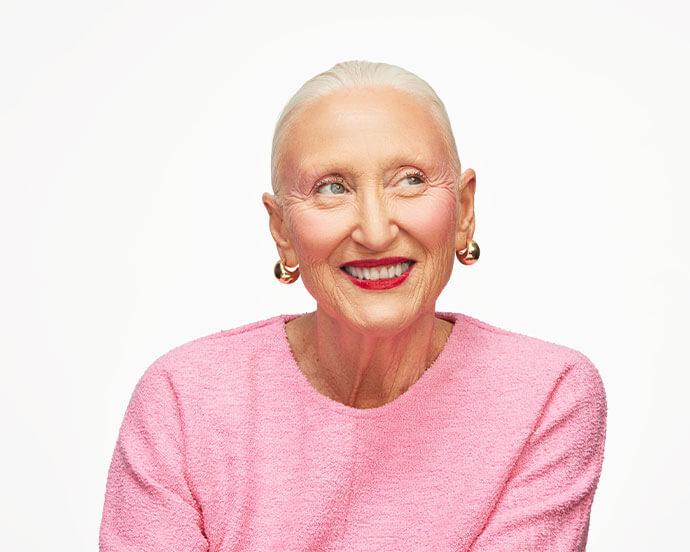
Skin
How to Adjust Your Skincare Routine for Mature Skin in the Winter
Published on Dec 4, 2025 • 7 min read


Skin
10 Thanksgiving Foods That Will Have Your Skin Coming Back for Seconds
Published on Oct 15, 2025 • 7 min read


Skin
Skin Texture 101: Your Guide to the Types of Skin Texture and How to Care for Them
Published on Oct 8, 2025 • 14 min read


Beauty Picked Just for You
Get 5 products worth up to $70
Plus exclusive access to epic deals up to 80% off
Starting at just $14/month. Cancel anytime.